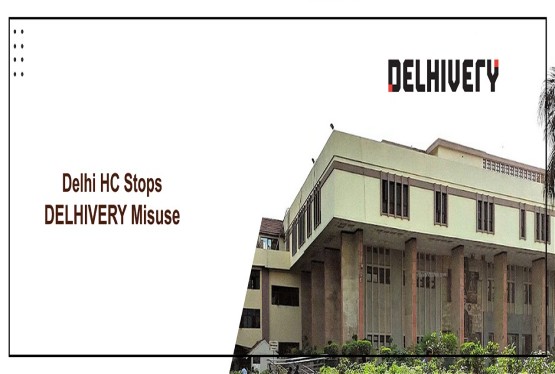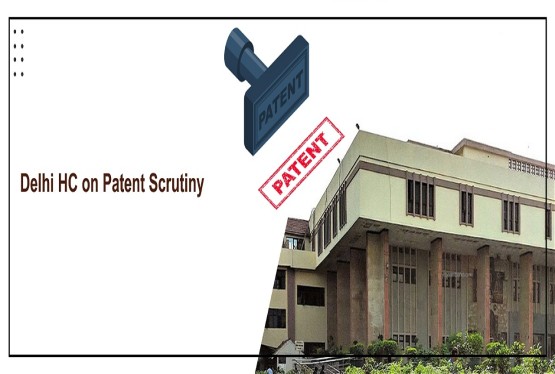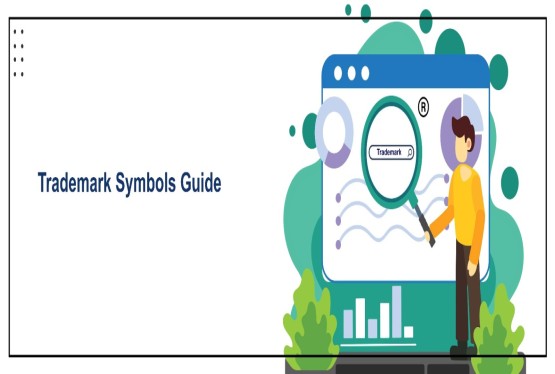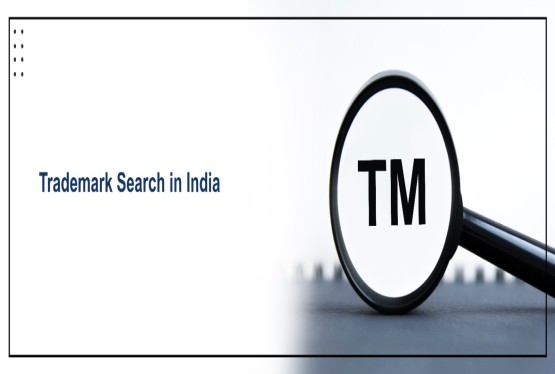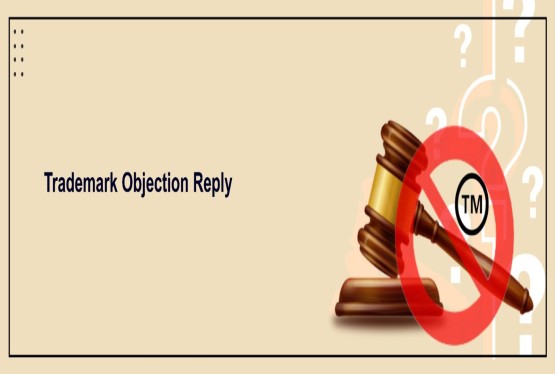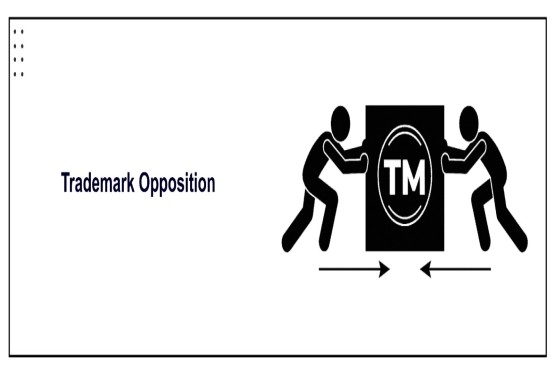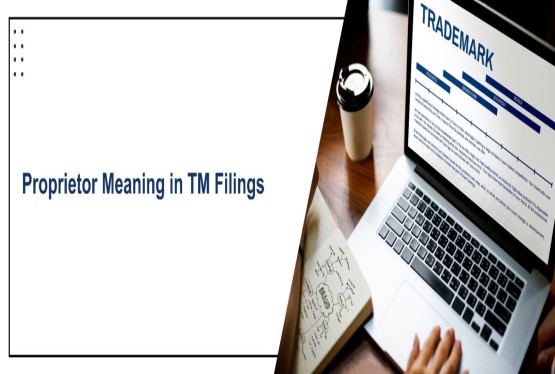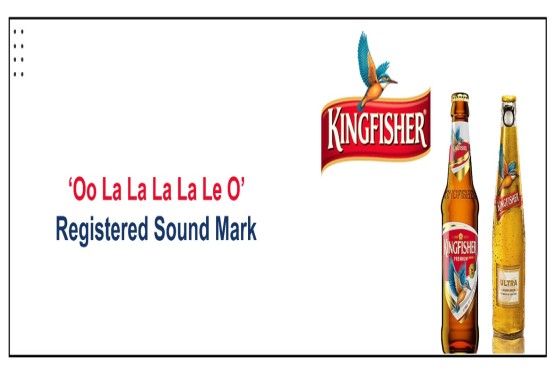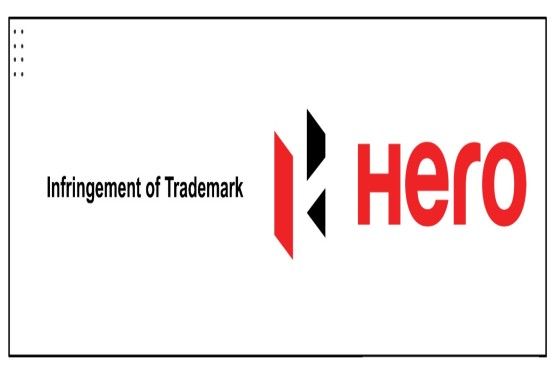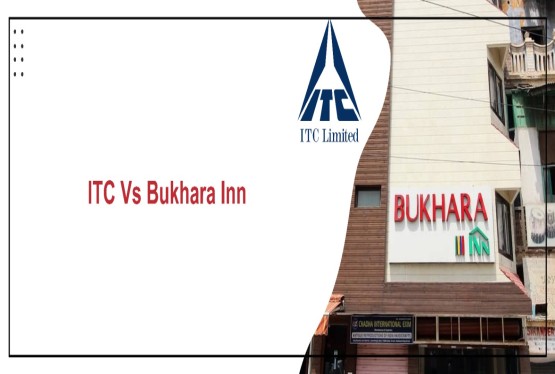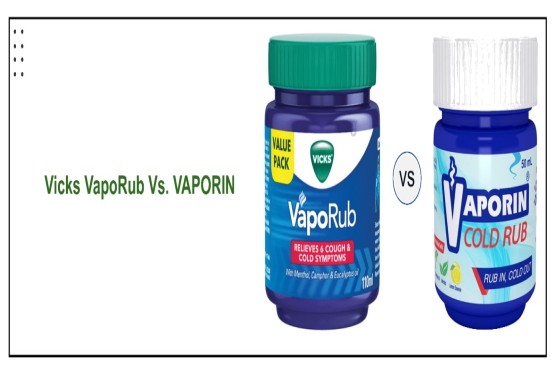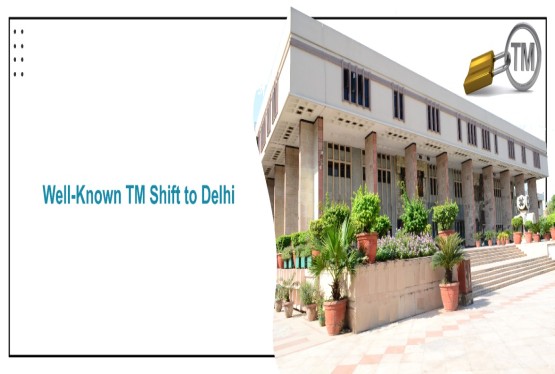The Delhi High Court recently decided an important trademark case involving Infosys Limited, one of India’s leading IT companies, and Southern Infosys Limited. The dispute centred on the use of the word “Infosys” in the defendant’s corporate name. Infosys argued that such use amounted to trademark infringement under the Trademarks Act, 1999, while the defendant raised defence of delay, acquiescence, and generic use.
Background of the Case
Infosys Limited adopted and trademark registration as “INFOSYS” in 1987 for IT-related services. Over the years, the mark has acquired a strong reputation and recognition in India and globally.
The defendant, originally incorporated as Disha Financial Services Ltd., changed its name in 1998 to Southern Infosys Ltd. and started using “Infosys” in its corporate identity.
Infosys claimed this was an unauthorized adoption intended to ride on its goodwill.
Relevant Provisions under Trademarks Act, 1999
Section 28: Exclusive Rights of the Proprietor
Under Section 28 of the Trademarks Act, 1999, This section grants the registered trademark proprietor the exclusive right to use the mark in relation to the goods or services for which it is registered. It also empowers the proprietor to take legal action against any unauthorized use or infringement and to license or assign the mark, thereby protecting its commercial value.
Section 29: Infringement of Trademark
Section 29 defines when infringement occurs if a person uses a mark that is identical or deceptively similar to a registered trademark without authorization, in a way that causes confusion, association, or dilution of distinctiveness. It covers both identical goods/services and, in certain cases, even unrelated goods if the mark is well-known.
Section 29(5), Trademarks Act, 1999: Provides that if a registered trademark is used as part of a trade name or corporate name in relation to goods or services similar to those for which the trademark is registered, it amounts to infringement.
Section 135: Empowers courts to grant reliefs in infringement cases, including injunctions, damages, or account of profits
Section 135 empowers courts to grant both interim and permanent remedies in infringement cases. These include temporary and permanent injunctions, damages or account of profits, delivery and destruction of infringing goods, and award of litigation costs.
Plaintiff’s Arguments (Infosys Limited)
-
The mark “INFOSYS” is a well-known trademark with distinctiveness acquired over decades.
-
Defendant’s use of the mark in its corporate name is a clear violation of Section 29(5).
-
The adoption was done in bad faith and causes likelihood of confusion among the public.
-
Delay in filing suit does not take away the plaintiff’s statutory right against infringement.
Defendant’s Arguments (Southern Infosys Ltd.)
-
Infosys delayed filing the suit for over 20 years and therefore cannot claim infringement now.
-
They had been operating honestly and legally since 1998 with government approvals.
-
“Infosys” is a combination of “Information” and “Systems,” and is descriptive.
-
Both companies work in different areas and there is no actual confusion.
Delhi High Court Ruling
-
On Infringement: The Court held that “INFOSYS” is not generic but has acquired a secondary meaning exclusively associated with Infosys Limited. The defendant’s use of the word in its corporate name clearly fell under Section 29(5) and amounted to infringement.
-
On Similarity and Confusion: The name “Southern Infosys Ltd.” is visually, phonetically, and conceptually similar to “Infosys,” leading to a strong possibility of confusion that the defendant is connected with or a subsidiary of Infosys.
-
On Generic/Descriptive Defence: The Court rejected this argument, stating that distinctiveness and goodwill of a mark outweigh any descriptive meaning.
-
On Delay and Acquiescence: Mere delay does not constitute acquiescence unless there is a positive act of encouragement. Hence, Infosys’ rights remain enforceable.
-
On Good Faith: The defendant failed to show due diligence before adopting the name, suggesting adoption in bad faith.
Decision of the Court
The Delhi High Court granted a permanent injunction restraining Southern Infosys Ltd. from using the mark “Infosys” in its corporate name. However, the Court allowed a four-month transition period for the company to adopt a new, non-infringing name.
Conclusion
This judgment reinforces the strength of trademark protection in India, particularly for well-known marks like “INFOSYS.” It also highlights that companies must exercise due diligence when adopting corporate names to avoid infringing established trademarks.
FAQs
Q1. What was the dispute in the Infosys trademark case?
Ans. The dispute was between Infosys Limited and Southern Infosys Limited over the use of the word “Infosys” in the defendant’s corporate name. Infosys argued this amounted to trademark infringement under the Trademarks Act, 1999.
Q2. Since when has Infosys held rights over the mark “INFOSYS”?
Ans. Infosys adopted and registered the trademark “INFOSYS” in 1987 for IT-related services. Over time, the mark has become a well-known trademark in India and abroad.
Q3. What defense did Southern Infosys Limited raise?
Ans. The defendant argued that Infosys delayed filing the suit for over 20 years, that “Infosys” is a descriptive term combining “Information” and “Systems,” and that both companies operate in different fields with no actual confusion.
Q4. Which provisions of the Trademarks Act, 1999 were relevant in this case?
Ans. The Court relied on:
-
Section 28: Exclusive rights of the registered proprietor.
-
Section 29 & 29(5): Infringement, including use in a corporate name.
-
Section 135: Reliefs like injunctions and damages.
Q5. What did the Delhi High Court decide on the issue of delay?
Ans. The Court held that mere delay does not amount to acquiescence unless there is active encouragement by the trademark owner. Infosys’ rights were still enforceable.
Q6. Did the Court accept the defendant’s argument that “Infosys” is generic?
Ans. No. The Court held that “Infosys” had acquired distinctiveness and secondary meaning uniquely associated with Infosys Limited, rejecting the generic/descriptive defense.
Q7. What was the final ruling of the Delhi High Court?
Ans. The Court granted a permanent injunction restraining Southern Infosys Limited from using “Infosys” in its corporate name. However, it allowed a four-month transition period to adopt a new name.
Q8. What is the significance of this judgment?
Ans. The ruling highlights that well-known marks enjoy strong protection in India. It also emphasizes the importance of due diligence before adopting corporate names to avoid trademark infringement.

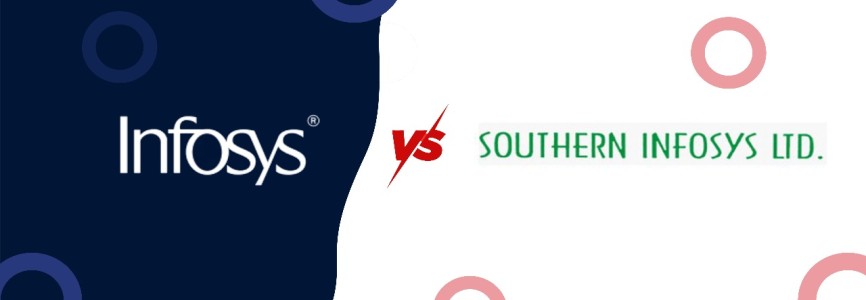




























_(b)_of_the_Trademark_Act,_1999_(1)_crop10_thumb.jpg)



_crop10_thumb.jpg)




























_crop10_thumb.jpg)
_crop10_thumb.jpg)






_crop10_thumb.jpg)








_crop10_thumb.jpg)



_crop10_thumb.jpg)





























_crop10_thumb.jpg)

















_crop10_thumb.jpg)






_crop10_thumb.jpg)












































































































































_crop10_thumb.jpg)




































_crop10_thumb.jpg)












_crop10_thumb.jpg)















































_crop10_thumb.jpg)

































































































